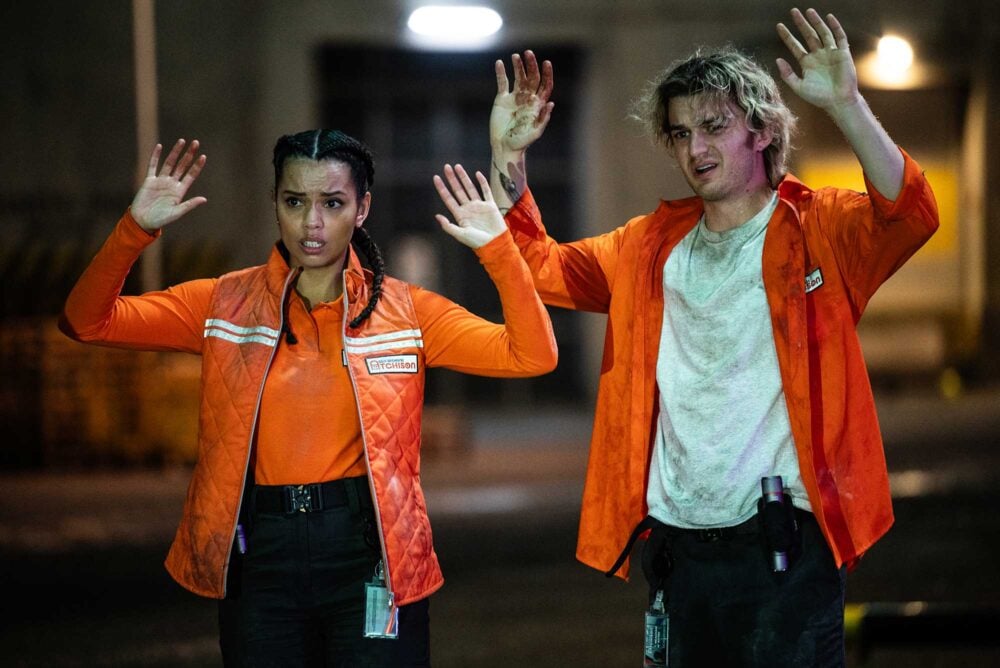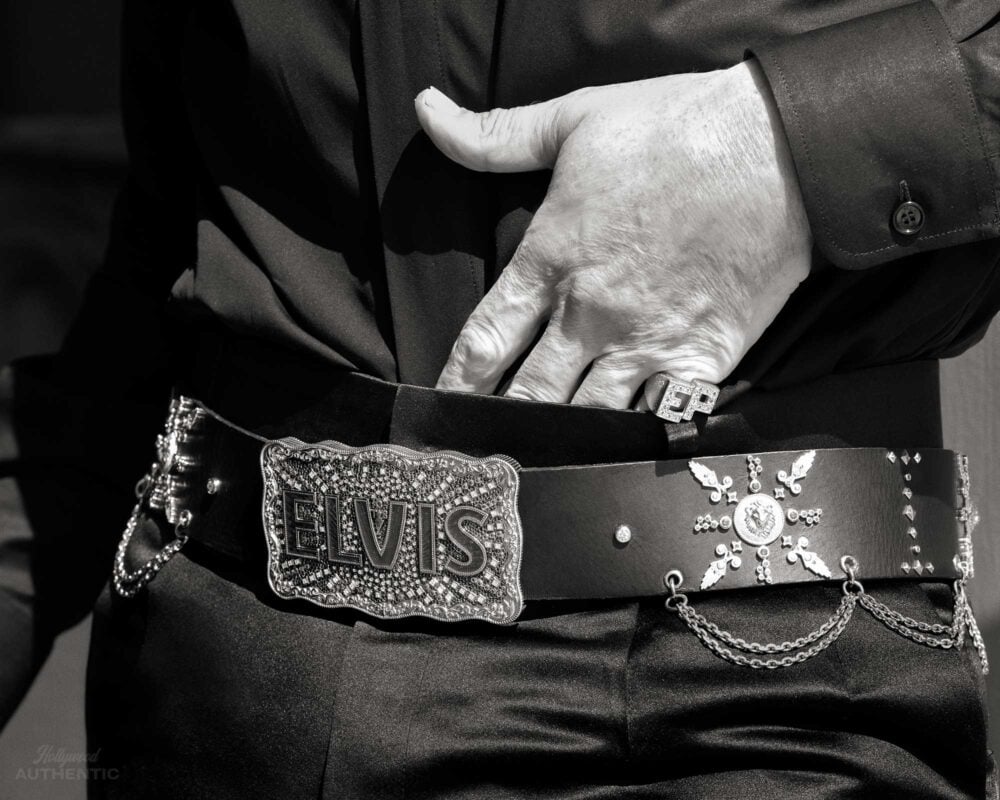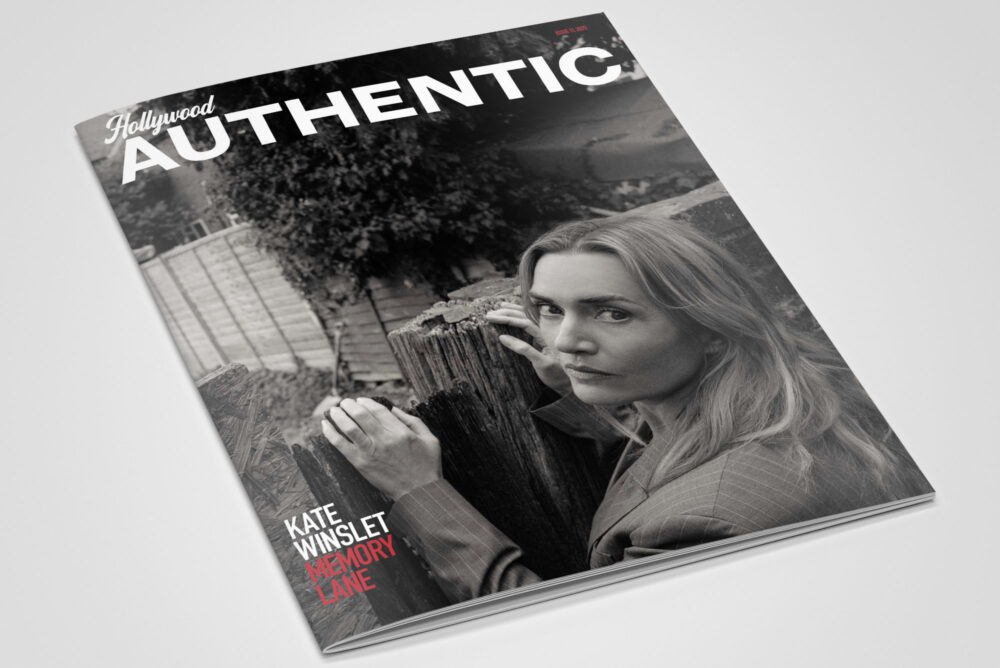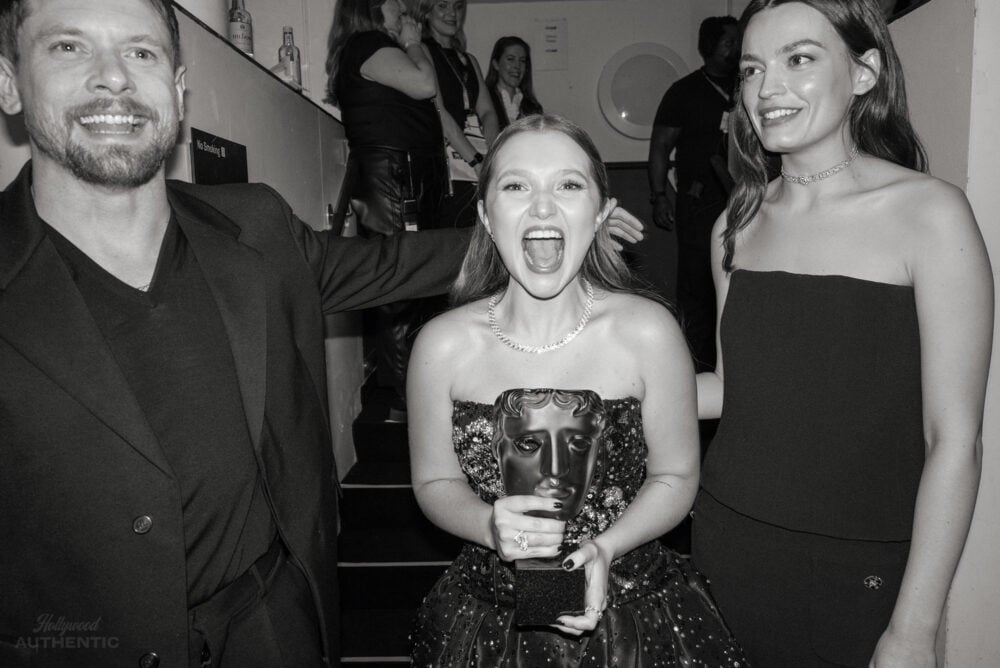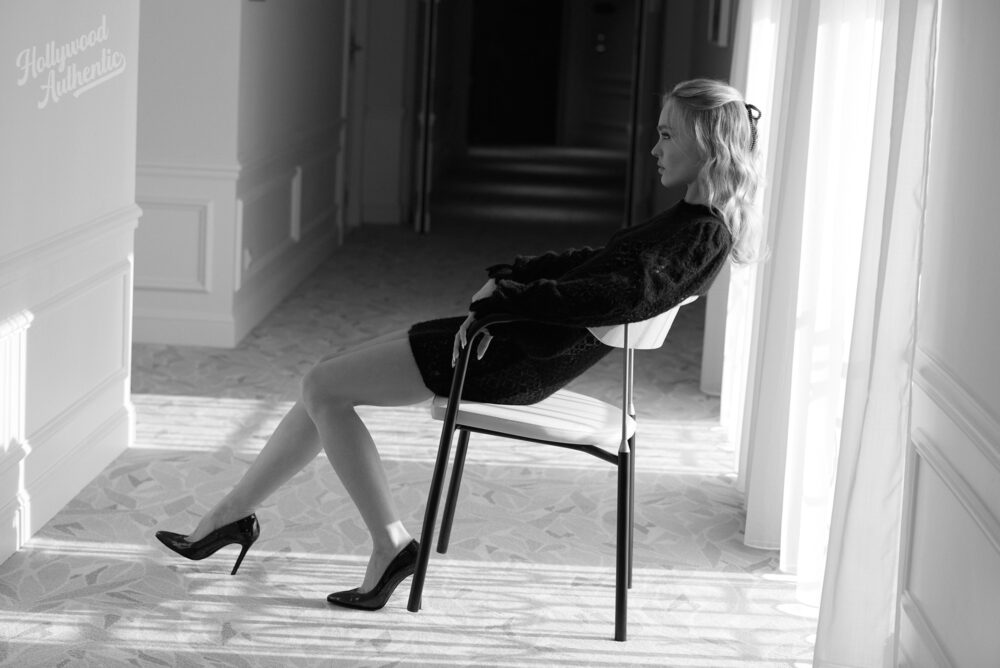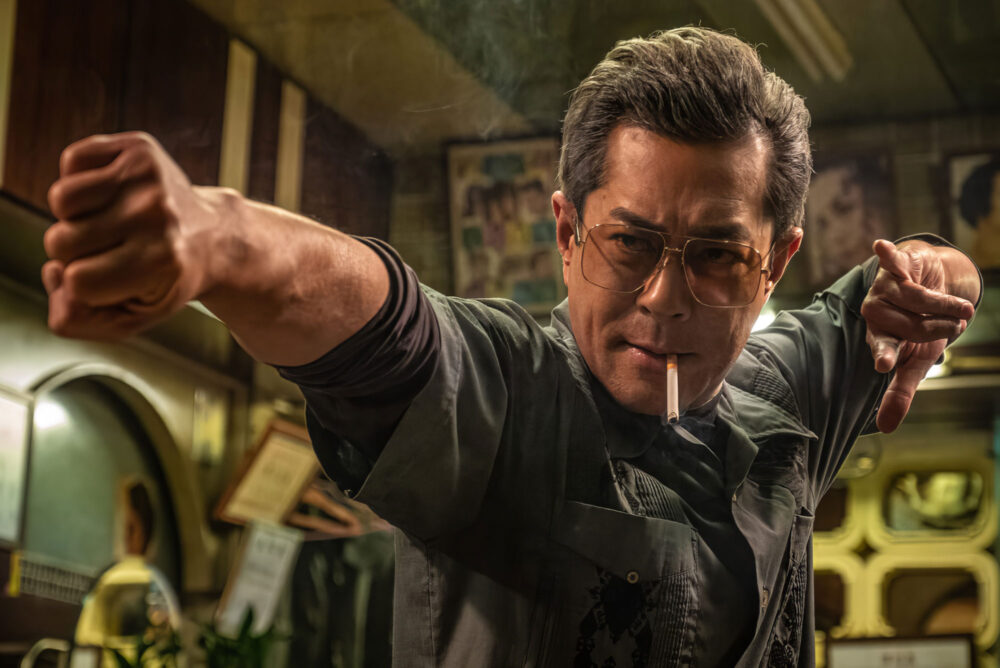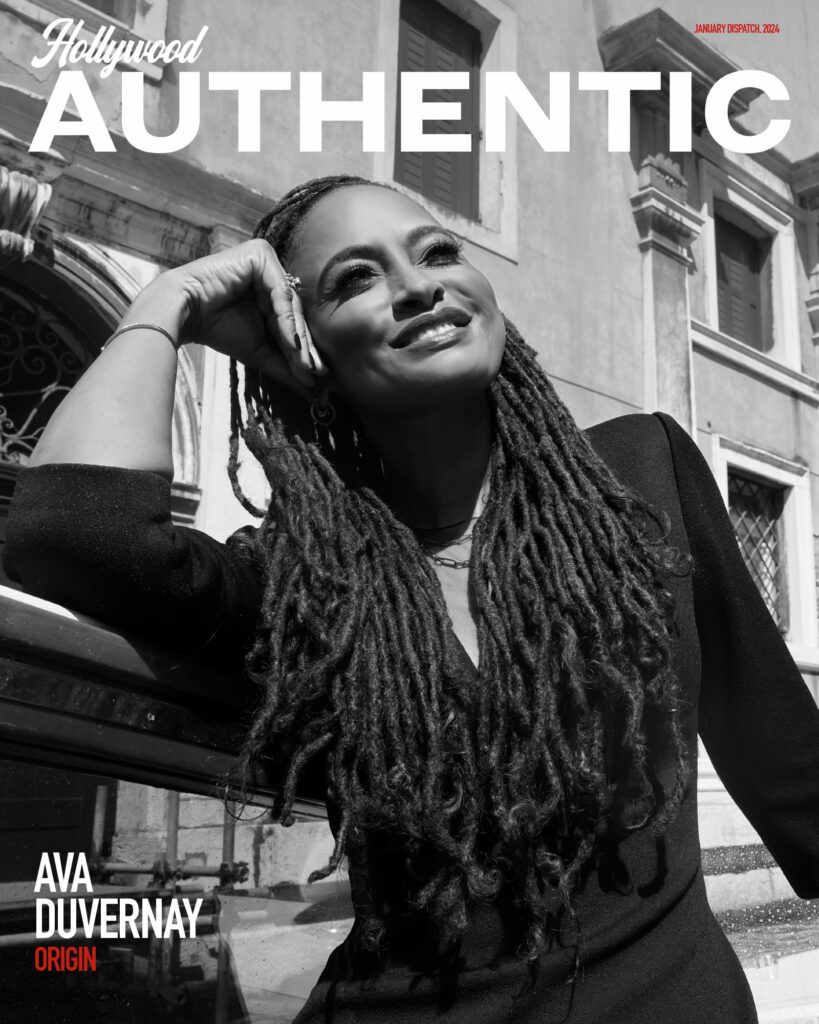
Ava DuVernay didn’t start directing until she was 32. But she’s barely stopped since. Now, as her Oscar-tipped Origin hits cinemas, the film publicist turned filmmaker has an unstoppable momentum.
Ava DuVernay films make history. She was the first Black woman to direct a movie nominated for a Best Picture Oscar with her Martin Luther King Jr. feature film Selma (2014). Three years later, she became the first Black woman nominated for a Best Documentary Feature Oscar with 13th, an extraordinary film that explores the links between slavery and the criminal justice system in the US. And now there is Origin, her affecting adaptation of the Isabel Wilkerson book Caste, which examines how a “dominant caste” might undermine a “subordinate caste”. Critically praised at film festivals in both Toronto and Venice (where DuVernay became the first Black woman to compete in the Italian festival’s 91-year history), it is likely to be a fixture of awards season.

I’m interested in your earliest memories of film or going to the cinema.
Some of my earliest and fondest memories are of taking the bus to my local movie theatre here in Los Angeles, with my late Aunt Denise, who was an avid lover of film. I wasn’t exposed to foreign or independent films as a young person, rather a steady stream of studio films released in the late ’70s and early ’80s.
When did you realise you wanted to tell stories via feature films and documentaries?
When I look back, I can see that I was interested in news stories. I thought that would be my way in. I became a film publicist and pitched stories about movies. I thought it was the best job ever because it allowed me to have proximity to films; I was on set and around film makers all the time. However, I didn’t think I could make my own films until I was in my early 30s.
Were you waiting for permission to pick up a camera or write a script?
That’s a great question, but it just wasn’t on my radar as something I could do. I loved the John Hughes movies – The Breakfast Club and Sixteen Candles – but there were no Black people in those films. One of my favourite films growing up was Grease, but there weren’t any Black people at John Travolta and Olivia Newton-John’s school. Ultimately it was less about permission than possibility.
I assume the pivot from publicity to filmmaking required sacrifices?
I sold my house. I gave away all my clients to other publicists. I had to really wrap my mind around being an independent filmmaker with not a lot of money. I’ve never really talked about this either! But yes, I had to make both practical and emotional sacrifices.
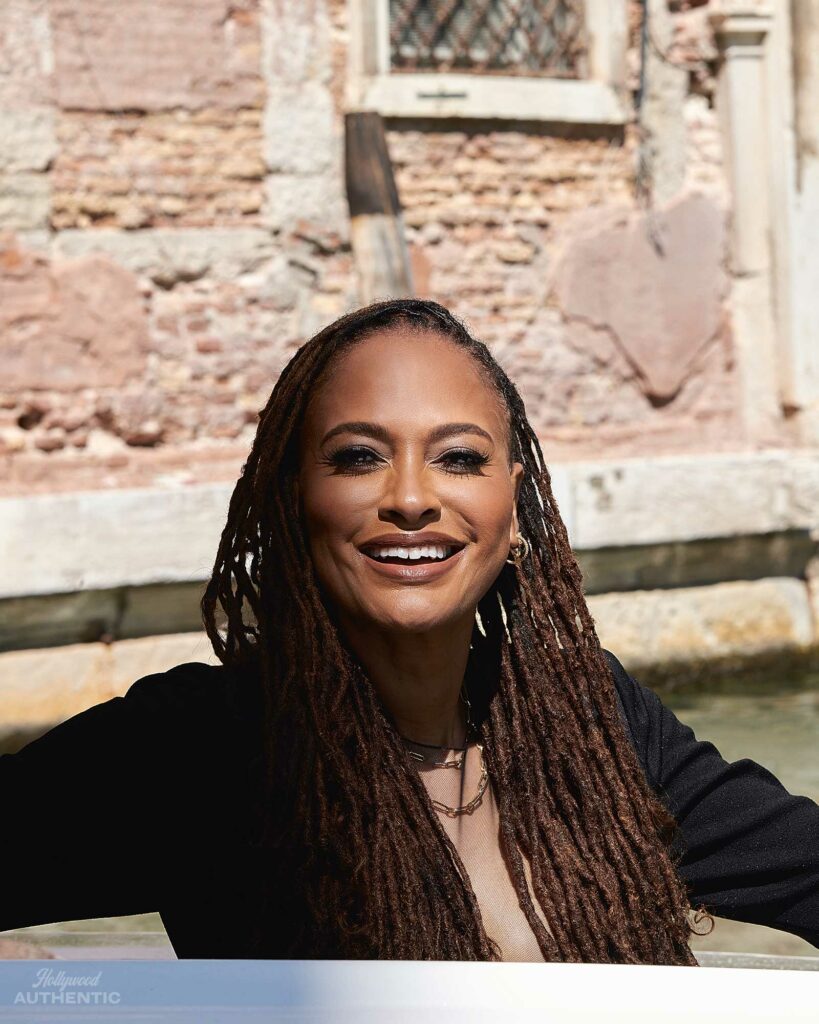
I sold my house. I gave away all my clients to other publicists. I had to really wrap my mind around being an independent filmmaker with not a lot of money. I’ve never really talked about this either! But yes, I had to make both practical and emotional sacrifices
Is it important for you to direct, write and produce where possible, to allow you to assume control of the films or documentaries you make?
I’m very much at a crossroads. I wrote, directed and produced my early work with one producing partner. And then I did Selma, Wrinkle in Time and When They See Us with other powerful producers. Good people, but without the familial aspect. I wanted to make Origin, which had a much bigger budget, with just one producer. I wrote, directed and produced it. It’s gonna take a lot to make me go back to working with a bunch of producers. I’m much happier being the true author of the work, even if it means having smaller budgets.
Your feature films and documentaries may be historical, but they have a habit of reflecting contemporary times?
I know! With 13th, Trump was running and his rhetoric dovetailed with the historical rhetoric we were exploring. In Selma, we made a film about a small Black town that was fighting for its rights in 1965, and that same year there was civil unrest in Ferguson [after the fatal shooting of Michael Brown by a local police officer]. And now, with Origin… well, I can’t believe what’s going on in the world in terms of the human hierarchy. So there’s been this slightly eerie connection that my films have with current events.
The best people have witchy qualities, right?
[laughs] Exactly! I thank you. I love it!
Were you pleased with audience and critic responses to Origin? And, of course, the standing ovation at Venice?
Thrilled! I was really happy with the reviews. The majority of folk are coming out of the cinema very emotionally affected, which is the goal. Before the film screened in Venice, I said to myself, ‘Please get a four-minute ovation because three minutes is embarrassing.’ I don’t often watch my own films, but Venice kind of keeps you captive so I had to go through it. I could hear people sniffing and sighing, glasses coming off, tears being wiped, laughter. But I did not expect a nine-minute standing ovation. I didn’t know what to do. Stand? Sit? It was rough. My smile started to hurt. I didn’t know where to look, so I turned away and started walking up the stairs. My publicist tried to make me stay! But it was a glorious experience.
Would you say that empathy is the common denominator in your work?
That’s what I’m trying to evoke, for sure. That’s the exact word. A sense of dignity that only comes when you have empathy for someone who’s not like you. I’ve been very focused on amplifying the experience of Black people in the United States, but Origin pushed me to broaden that lens. I really looked at the commonalities and challenges that people have across continents and time. Creating images about people who aren’t primarily Black was exhilarating. You know, we shot the film on three continents in 37 days. We shot in the square in Berlin where the Nazis burned books. I stood there as a Black American woman in the same place that Goebbels stood and denounced humans who looked like me and otherwise.
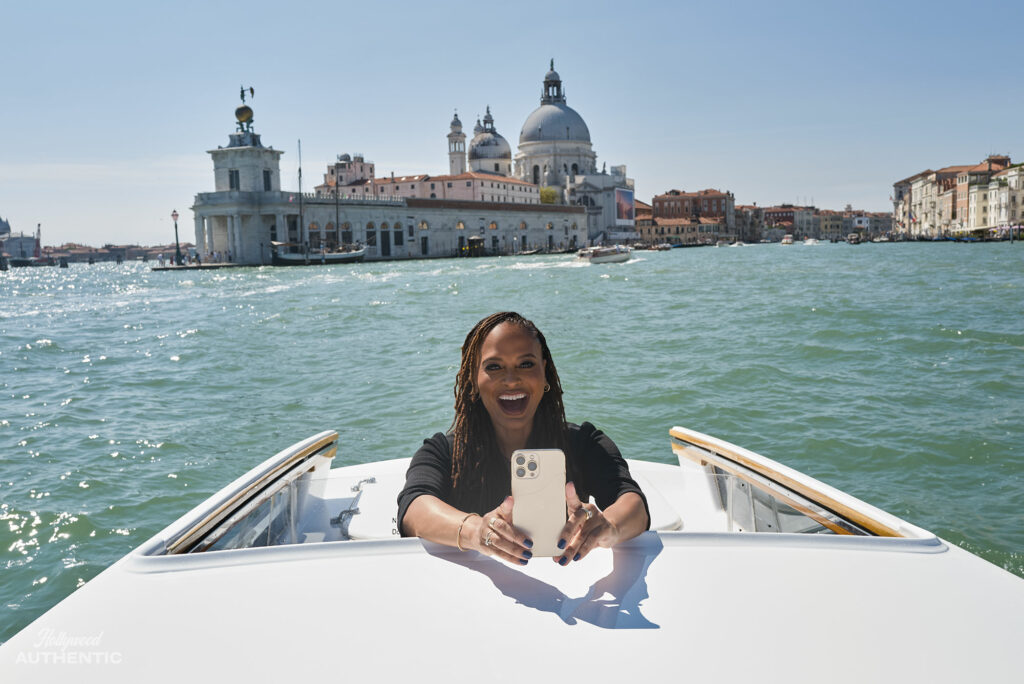
What do you think is your superpower as a filmmaker?
I really like talking to people, which probably comes from my time as a film publicist. I have no issue talking to cast or the crew. I have no fear of saying ‘I don’t know’ or ‘I don’t like that’. There was a lot of technical stuff I didn’t know when I started, but being a publicist, which was all about pitching the story, was my film school. It all worked out.
Can you tell us what you’re working on next?
When I started making films, I always had another project lined up in case they tried to kick me out. But now, for the very first time, I don’t have another project lined up. And I love it! I’ve earned it, I can take the time out. I’ve made so much stuff in the past 10 years that I’m fine to slow down. So, oddly enough, this is the first time I’ve ever said, ‘I do not know what I’m doing next.’
Origin will be released in 2023 date TBC
Special thanks to Jill Demling and Meredith O’Sullivan

